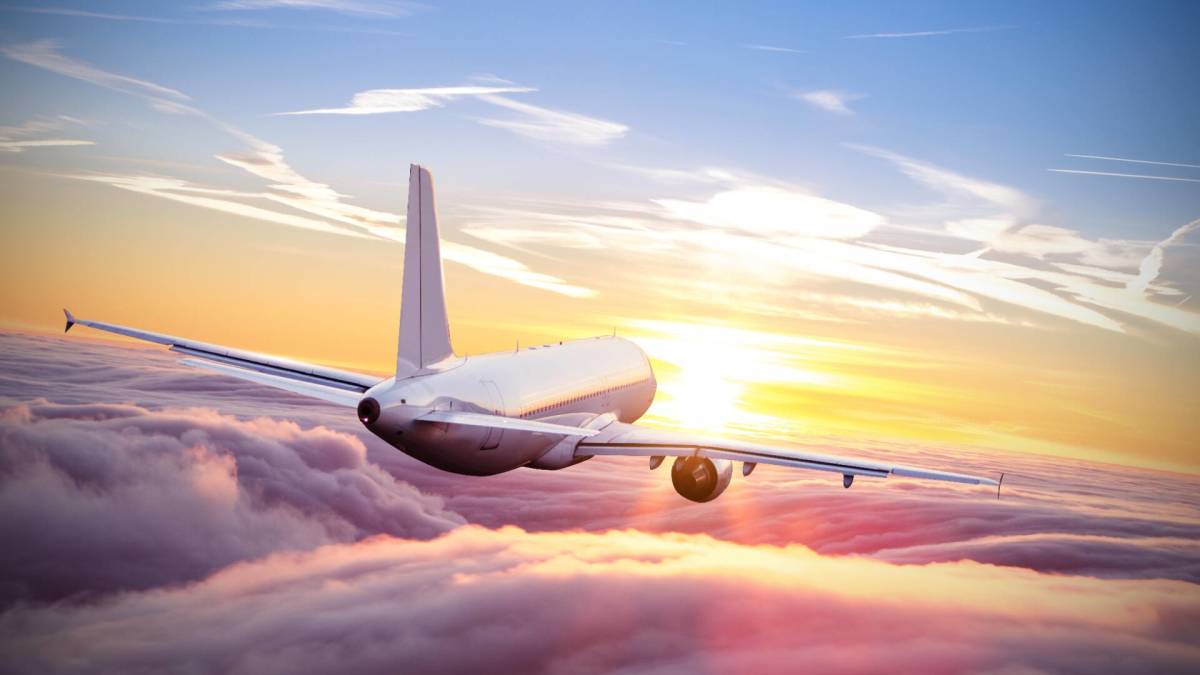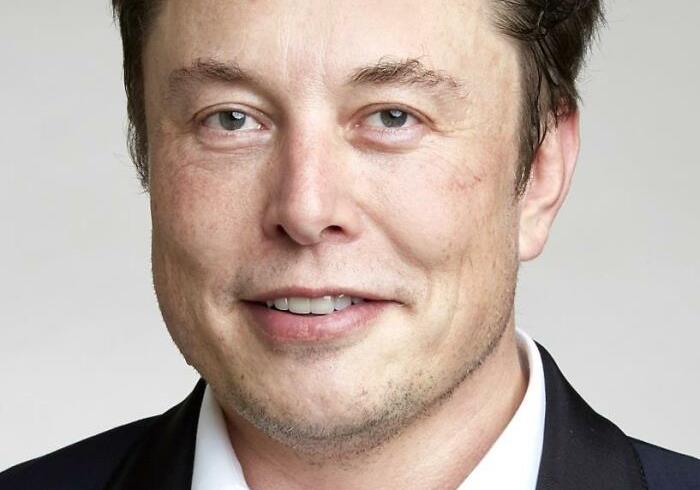Low-cost Airline Ceo Is Calling The Government ‘bonkers’ (here Is Why)

Those following the aviation industry in the United Kingdom know that flying is about to get even more expensive.
At the end of October, the Labor government led by Prime Minister Keir Starmer passed a new budget that includes a higher air passenger duty (APD).
Don't miss the move: SIGN UP for TheStreet's FREE daily newsletter
The tax, charged to both those taking commercial flights and those traveling by private jets, varies depending on both how far one flies and what kind of seat one books (short economy flights are the cheapest while private is the most expensive).
By the spring of 2026, the fee will increase from £1 ($1.30 USD) for the cheapest and shortest fares, and nearly double (from £673 to £1,141) for the longest and most luxurious travel methods. The average middle-of-the-line fee will increase by approximately 20%.
An airplane is seen flying above the clouds at sunset.Shutterstock
The APD increases in the UK are causing some ruffled feathers
While the changes (which also include significant tax hikes for the United Kingdom’s wealthiest residents) caused anticipated pushback from the high earners affected, the budget has also caught the ire of the aviation industry.
Low-cost airline Ryanair (RYAOF) chief executive Michael O’Leary, in particular, called the changes "bonkers."
"The UK has no chance of growing if this idiot chancellor thinks that the way forward is going to be increasing tax on air travel," O’Leary said during a Nov. 4 interview with Bloomberg TV. "You've got to be insane to do that."
Head of the Dublin-based budget carrier since 1994, O'Leary is known in the industry for his humor and provocative statements (when he was once hit in the face with a pie during a visit to Brussels, he wiped off the cream and told the climate protesters that he "loves" pie).
Continuing with the interview, O'Leary said that a higher APD would push Ryanair to move up to five million flight seats that may have otherwise departed from the United Kingdom into markets that have a lower aviation tax — Hungary, Sweden and Italy, in particular.
Ryanair is based on a low-cost model in which customers expect a low base fare (the airline regularly markets the fact that it has some €19.99 fares) that cannot be offered when high airport taxes are tacked on.
Related: Get the best cruise tips, deals, and news on the ships from our expert cruiser
Taxes you'll have to pay depend on where you travel
O'Leary said further that the chances of him "having a conversation" about decreasing the tax with United Kingdom Chancellor of the Exchequer Rachel Reeves are "diminishing rapidly."
The APD is charged to anyone leaving the UK by air regardless of whether they are residents or tourists. The U.S. does not have a direct equivalent but tacks on fees such as the U.S. Domestic Transportation Tax, Domestic Segment Tax and September 11 security fee.
These also depend on where the flight originates and the distance it travels, but different reports that crunched the numbers find that the average flight taken in the U.S. costs travelers $40 extra in airport taxes.
A country with one of the highest total airport taxes in the world is Germany. Ryanair recently also exited markets such as Dresden, Leipzig and Dortmund over rising airport taxes. This results in 1.8 million fewer seats, or a 12% cut in total capacity, of Ryanair's Germany presence.
Related: Veteran fund manager sees world of pain coming for stocks


